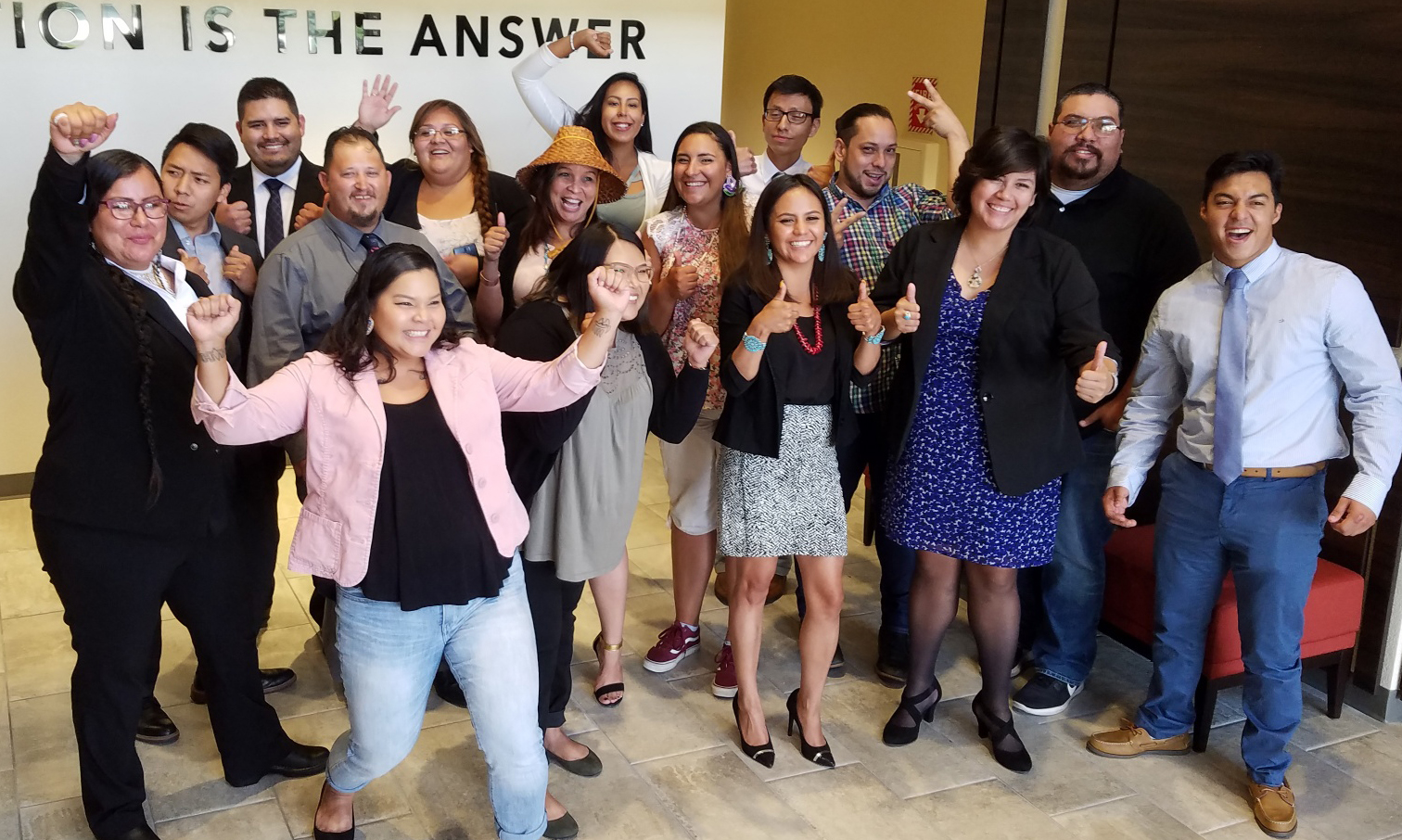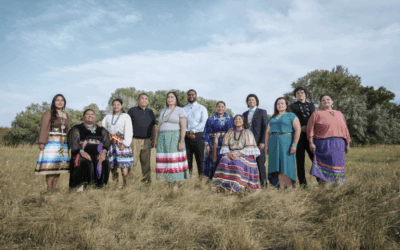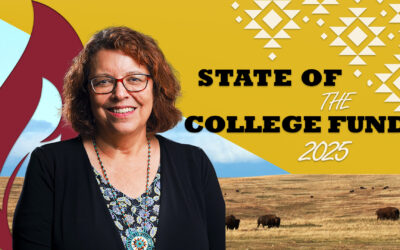Student Development
Explore Development Opportunities
Study Skills
No matter what your grades are, everyone needs some guidance to find success in the classroom. Here are some resources to help you develop the best study habits and skills you’ll need to get your degree:
What are Office Hours? – by Andrew Ishak
Time Management: TCU Video Project Series
Focus 2 Self-Assessment
Many people struggle with choosing an academic major during school, or job industry after graduation, but choosing a path is important when choosing your classes, internships and other career opportunities.
Focus 2 combines self-assessment, career and major exploration, decision-making and planning in one place. By matching your assessment results to career options and majors/programs for your consideration, FOCUS 2 guides you through a career and education decision-making model to help you make informed career decisions and take action in planning your future.
To use this free service, register to create an account with the access code collegefund. From there, you can take each test- personality, interests, values, and skills- to build your academic and career planning profile. Print your profile to share with an academic or career counselor or mentor to discuss your career plan or transition to a new profession.
Money Management
It is also important to understand budgeting, credit, and debt management – to help you to make responsible decisions in school, and prepare for your financial life after school. Learn about the following topics in related posts — your financial future depends on it.
- Money Management — Developing Common Cents (College Fund)
- Per Cap (First Nations Development Institute)
- Financial Skills for Families (First Nations Development Institute)
- Developing Your Vision: Managing Your Money
- Your First Bank Account
- Childcare Costs (and Ways to Reduce Them)
- When Your Child Has Special Needs
- Caring For Aging Parents
- Children and Family Considerations
Student Ambassador Program
The American Indian College Fund Ambassador Program was established in 2015 to strengthen students’ and alumni personal and professional skills and to represent the College Fund.

Our Blogs
American Indian College Fund Celebrates 2025-26 Student Ambassador Cohort
The American Indian College Fund (the College Fund) named 12 student ambassadors for 2025-26 to represent its values and mission of providing Native students with access to an affordable, culturally based higher education to revitalize Native communities and cultures.
American Indian College Fund and Pendleton Woolen Mills Student Blanket Design Contest Opens November 15
Starting November 15, the American Indian College Fund and Pendleton Woolen Mills, the international lifestyle brand headquartered in Portland, Oregon, are accepting submissions for sixth annual Tribal College Blanket Design Contest. American Indian and Alaska Native students attending a tribal college or university are eligible to submit up to two designs.
2025 State of the American Indian College Fund Released for Native American Heritage Month
Every year, the American Indian College Fund releases a State of the College Fund address, delivered by its President and CEO, Cheryl Crazy Bull (Sicangu Lakota). This year President Crazy Bull addresses the importance of the College Fund’s continued mission and the tribal colleges and universities’ in growing Native people and communities in the wake of national discussions about higher education.
American Indian College Fund launches new campaign in honor of Native American Heritage Month
American Indian College Fund launches new campaign in honor of Native American Heritage Month Denver, Colo., November 10, 2025 — In recognition of Native American Heritage Month, the American Indian College Fund has launched a new campaign, You Can Do Something, to...
American Indian College Fund Host Free Online Tribal College and University Fair
American Indian College Fund Host Free Online Tribal College and University Fair Four-Day Event Will Connect TCUs with Native Students Interested in Pursuing Higher Education Denver, Colo., November 6, 2025—The American Indian College Fund will host its sixth annual...







